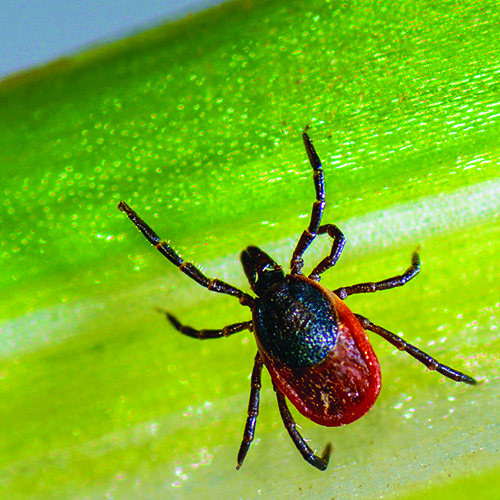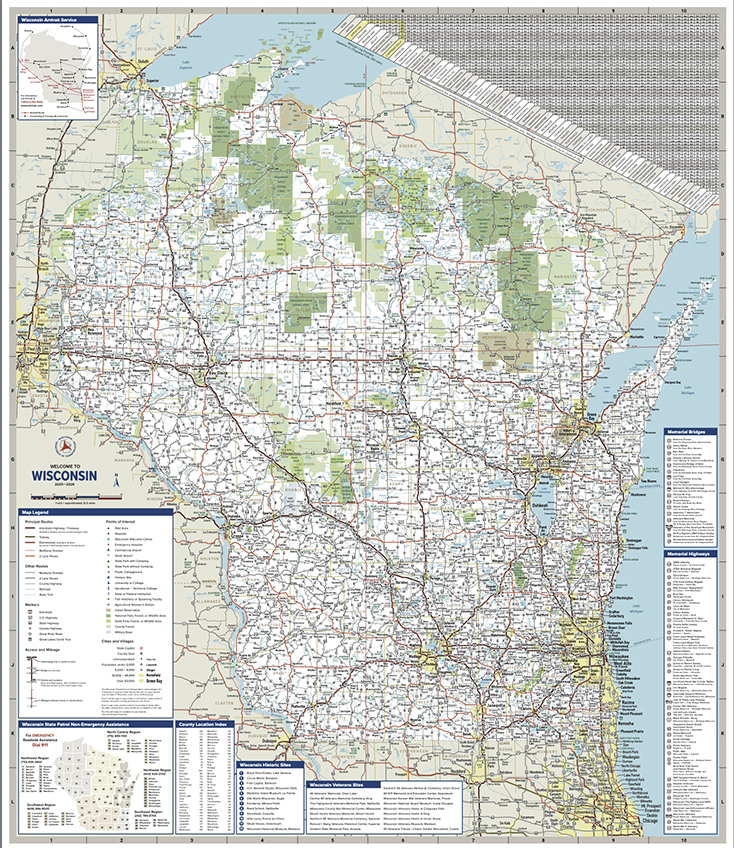ADRCs are here to help you
This Aging and Disability Resource (ADRC) Month and Older Americans Month, the Wisconsin Department of Health Services (DHS) is highlighting a statewide campaign, to increase awareness of, and improve access to, ADRCs and Tribal partner agencies.
The campaign directs customers to new and improved ways to contact local ADRCs, including a searchable online resource, at FindMyADRC.org and toll-free phone service, at 844-WIS-ADRC.
“Every day, ADRCs across Wisconsin, work to help older adults and people with disabilities maintain maximum independence, quality of life, dignity and security in their everyday lives,” said DHS Deputy Secretary Deb Standridge. “But, too many of us may not know where to start to find resources and support to stay healthy. We want every Wisconsinite, to know that local ADRC agencies are available to help.”
Launched in 1998, ADRCs are located in all 72 counties. Along with 10 Tribal aging and disability resource specialists (ADRS) in Wisconsin, they connect older adults and adults with disabilities to lifesaving resources, such as health and social services, financial and employment assistance programs, transportation and in-home care services, nutrition and meal programs, and more.
Currently, 9.7 percent of Wisconsin adults, under 64, identify as having a disability, a number that increases to 30 percent after age 65. As Wisconsin’s population of older adults continues to increase, the need for specialized support is critical.
ADRCs also play an important role in preventing the escalation of issues that could lead to poor health, and costly medical care or services later. For example, in 2023, ADRCs and Tribal partner agencies helped over 147,000 people across the state, preventing 61,000 hospital readmissions and 101,000 emergency department visits.
More than $8 million has been invested in the governor’s biennial budget proposal, so that as the state’s population ages, ADRCs can keep up with the trend, so older Wisconsinites and those with disabilities, can live their healthiest and most independent lives.




